“Knowing your numbers is an important part of keeping
your heart healthy. Checking your blood pressure,
cholesterol levels and blood sugar levels…”.1
Umbrella
What may the Know Your Numbers Umbrella include?
Depending on the Source (DotS) this Umbrella may include:
- Key Health Measures
- Know Your Health Numbers
- Know Your Numbers
- Know Your Risks, Know Your Numbers
Numbers
What numbers do women (and men) need to know?
In Know Your Numbers They Could Just Save Your Life the (United States) Go Red for Women elaborate on:
Talk to your healthcare provider today to learn about your Blood Pressure, Cholesterol, Blood Sugar and BMI (Body Mass Index). Your heart depends on it”.2
Menopause
 What is the association between menopause and cardiovascular disease (heart disease and stroke)?
What is the association between menopause and cardiovascular disease (heart disease and stroke)?
In What Is Menopause: Perimenopause, Menopause and Postmenopause – Postmenopause: Heart Health the (Australian) Jean Hailes for Women’s Health note:
Prediabetes and Type 2 Diabetes
Is there an association between prediabetes and type 2 diabetes and CVD?
In Know Your Numbers the American Heart Association (AHA) elaborate on:
Protect Your Heart
How can women (and men) protect their hearts?
In What Is Cardiovascular Disease? What Can You Do To Lower Your Risk of Cardiovascular Disease? Know Your Numbers the World Heart Federation elaborate on:
- Know your blood pressure…
- Know your cholesterol…
- Know your blood sugar…”.5
Regular Checkups
Even if I feel fine, should I still see my health care provider for regular checkups?
Yes. In Health Screenings for Women Ages 40 To 64: Information the (United States) MedlinePlus note:
Health Care Provider
What if I would like to know my numbers?
If you would like to know your numbers, it may be in your best interest to choose to talk to your health care provider about this.
In Heart Disease Prevention: Know Your Heart Disease Numbers the [United States] Department of Health and Human Services’ Office on Women’s Health, encourage us to:
“Ask your doctor to check your blood pressure, cholesterol (total, HDL, LDL, and triglycerides) and blood sugar levels. Under the Affordable Care Act, most insurance plans must cover these tests at no cost to you. These tests will give you important information about your heart health. Your doctor can tell you what your numbers mean and what you need to do to protect your heart”.7
Health Topics A-Z
Where may I find Health Topics A-Z related to Know Your Numbers?
In Health Topics A-Z you may find:
Links
Where may I find Links related to Know Your Numbers?
Your Country may have Links similar to:
Links
This Links List to third party websites is neither comprehensive nor exhaustive. Inclusion on this Links List does not imply endorsement or recommendation. Non-inclusion on this Links List does not imply non-endorsement or non-recommendation. Third party websites are not under the control of Meno Martha International Menopause Directory. Third party websites may contain explicit medical images and/or sexual references. Please read Meno Martha International Menopause Directory’s Links Policy before proceeding to a Link. Please contact Webmaster if you experience a problem with a Link.New or Updated
- Dr. Sharonne Hayes | Know Your Numbers
- Heart Disease: About Women and Heart Disease [15 May 2024]
- Know Your Numbers: What Is Your Heart Rate? [21 February 2024]
- The Connection Between Menopause and Cardiovascular Disease Risks
- Video Series-2024: Preparing for Your Menopause Healthcare Visit
- World Heart Day [29 September]
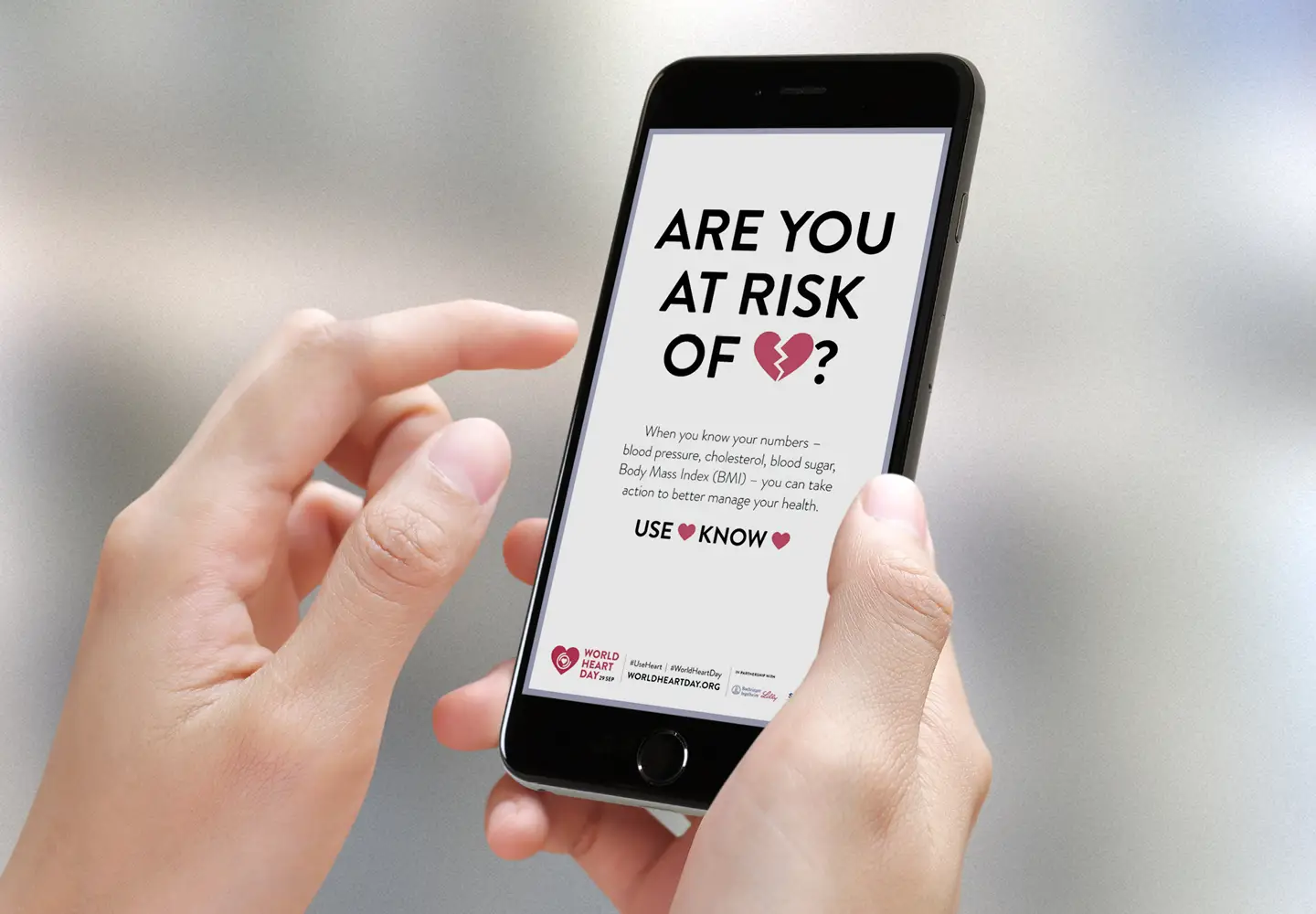
- About Heart Disease In Women
- BMS TV: Coronary Heart Disease (CHD)
- CAMS Menopause Hour: The Menopause Journey: Navigating Cardiometabolic Risk In Women [30 May 2024] [Council of Affiliated Menopause Societies]
- Cardiovascular Diseases
- Cardiovascular Health: Management & Treatment
- Cholesterol
- Cholesterol
- Coronary Heart Disease: Women and Heart Disease
- Diabetes
- Diabetes
- Diabetes and Heart Disease
- Doing These 8 Things May Greatly Lower Risk for Heart Disease and Stroke
- Dr. Sharonne Hayes | Know Your Numbers
- Empoweredtoserve.org [EmPOWERED To Serve]
- Family History and Heart Disease, Stroke
- Goredforwomen.org [Go Red for Women, United States]
- Health Checks
- Health Checks At Different Ages
- Health Checks At Different Ages: Health Checks for Women Aged 41 To 60
- Health Checks for Women
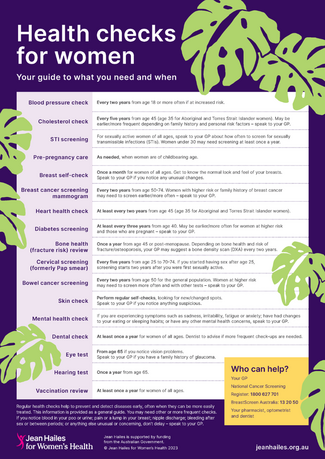
- Health Screenings for Women Ages 40 To 64
- Health Screenings for Women Over Age 65
- Healthy Diet
- Heart Disease
- Heart Disease Prevention: Know Your Heart Disease Numbers
- Heart Disease: About Women and Heart Disease
- Heart Disease and Stroke
- Heart Health After Menopause
- Heart Health for Women
- Heart-Health Screenings
- Herheart.org
- High Blood Pressure
- Hormones and Heart Health: When To Get A Heart Check
- How To Get Your Cholesterol Tested
- How To Prevent Heart Disease After Menopause
- Hypertension
- Know Your Numbers
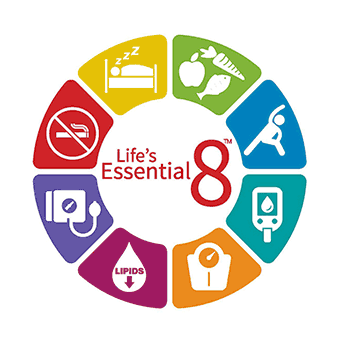 Know Your Numbers They Could Just Save Your Life
Know Your Numbers They Could Just Save Your Life- Know Your Numbers: What Is Your Heart Rate?
- Know Your Risk
- Life’s Essential 8
- Livetothebeat.org
- Looking After Your Heart
- Mayo Clinic Minute: Signs of Coronary Artery Disease, How To Reduce Your Risk [+ Video Courtesy: Mayo Clinic News Network]
- Mayo Clinic Minute: The Role of Cholesterol In Heart Health [+ Video]
- Medical Appointments: Working With Your Health Care Professional
- Menopause Preparedness Toolkit Video Series: Common Conditions Associated With Menopause and Midlife
- Menopause and Cardiovascular Risk
- Menopause and Heart Disease [Video]
- Millionhearts.hhs.gov
- Obesity
- Older Adults Could Lower the Risks To Their Heart and Brain 500 Steps At A Time
- People Who Follow These 8 Heart Health Metrics May Live Years Longer
- Prevention
- Read My Lips
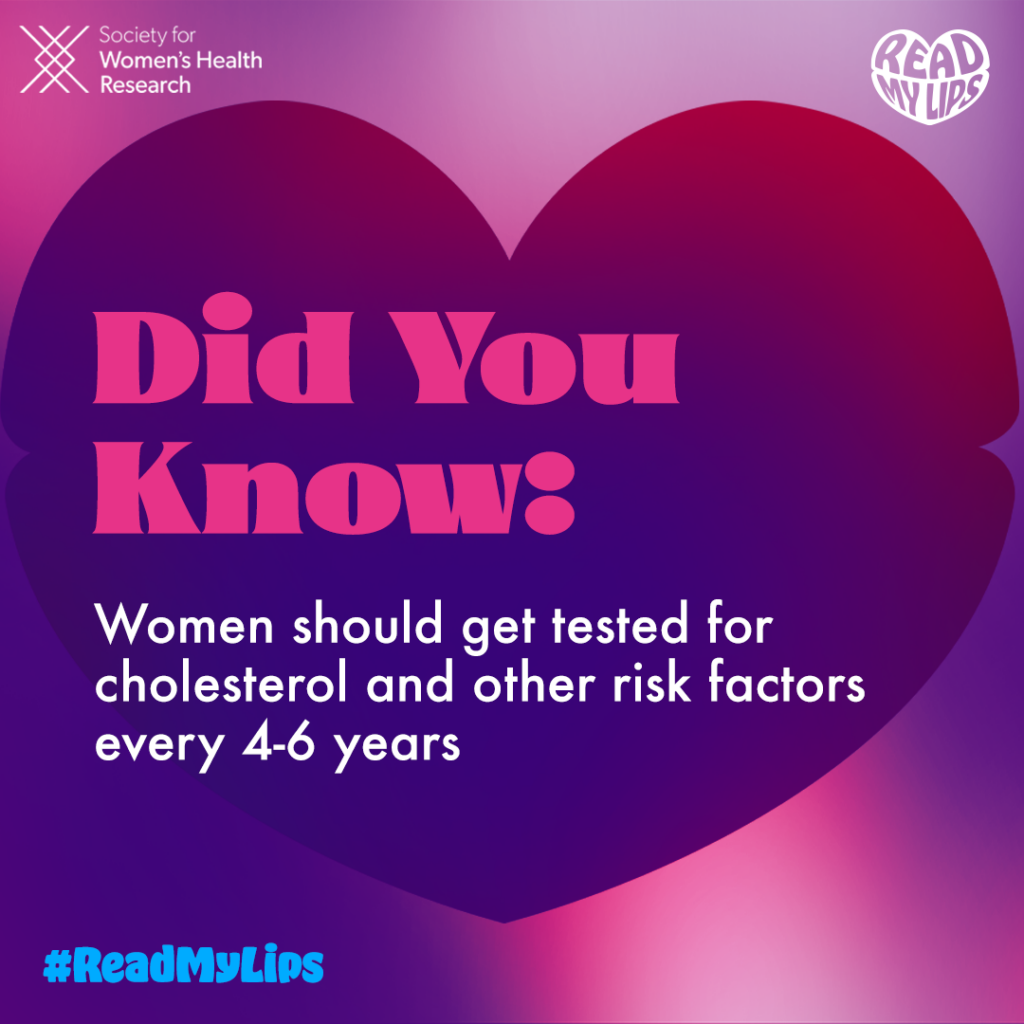
- Stroke Prevention: Know Your Heart Disease Numbers
- Taking It To Heart: Addressing Cardiovascular Disease In Women
- The Connection Between Menopause and Cardiovascular Disease Risks
- The Heart Truth
- Top Health Checks for Women
- Video Series-2023: Menopause and Heart Disease
- Videos & Podcasts: Videos – Interviews: Cardiovascular Disease In Women
- WISEWOMAN
- WISEWOMAN: WISEWOMAN Frequently Asked Questions (FAQs)
- Webinars: Previous – Cardiovascular Disease
- What Is Cardiovascular Disease?
- What Is Cardiovascular Disease? [+ Video]
- Why Are Health Checks Important?
- Why High Blood High Pressure Is A “Silent Killer”
- Women’s Wellness: Understand Heart Disease Symptoms and Risk Factors Unique To Women
- World Heart Day [29 September]

- World Stroke Day [29 October]
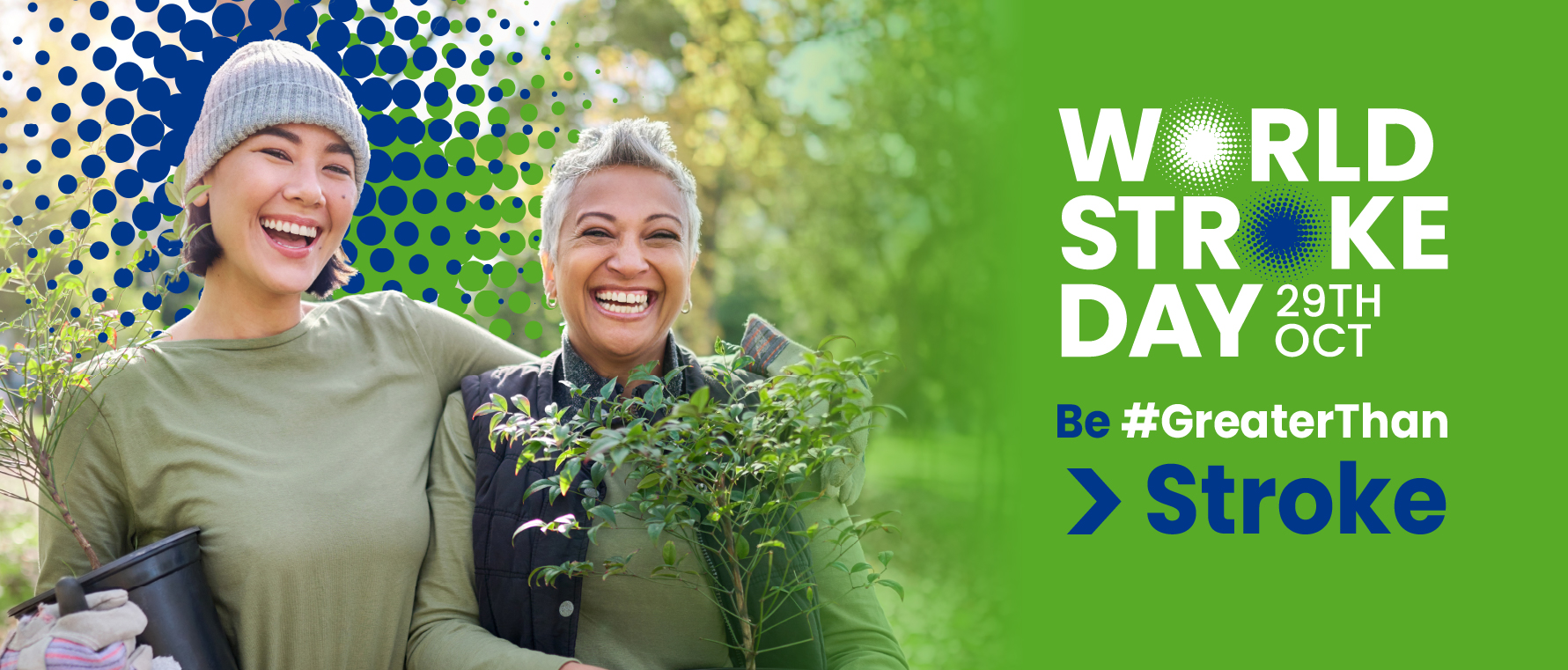
Sources
Where may I find the Sources quoted?
You may find the Sources quoted at:
Sources
- What Is Cardiovascular Disease? What Can You Do To Lower Your Risk of Cardiovascular Disease? Know Your Numbers. World Heart Federation https://world-heart-federation.org/what-is-cvd/ Accessed: 16 July 2024
- Know Your Numbers They Could Just Save Your Life. Go Red for Women https://www.goredforwomen.org/en/know-your-risk/know-your-numbers Accessed: 16 July 2024
- What Is Menopause: Perimenopause, Menopause and Postmenopause – Postmenopause: Heart Health. Last Updated: 18 January 2024 | Last Reviewed: 19 August 2022. Jean Hailes for Women’s Health https://jeanhailes.org.au/health-a-z/menopause/health-after-menopause Accessed: 16 July 2024
- Know Your Numbers. Last Reviewed: 04 April 2024. American Heart Association https://www.heart.org/en/health-topics/diabetes/prevention–treatment-of-diabetes/know-your-health-numbers Accessed: 16 July 2024
- What Is Cardiovascular Disease? What Can You Do To Lower Your Risk of Cardiovascular Disease? Know Your Numbers. World Heart Federation https://world-heart-federation.org/what-is-cvd/ Accessed: 16 July 2024
- Health Screenings for Women Ages 40 To 64: Information. Review Date: 21 May 2024. MedlinePlus https://www.nlm.nih.gov/medlineplus/ency/article/007467.htm Accessed: 16 July 2024
- Heart Disease Prevention: Know Your Heart Disease Numbers. Page Last Updated: 17 February 2021. Office on Women’s Health, United States Department of Health and Human Services, Womenshealth.gov https://www.womenshealth.gov/heart-disease-and-stroke/heart-disease/heart-disease-prevention Accessed: 16 July 2024



